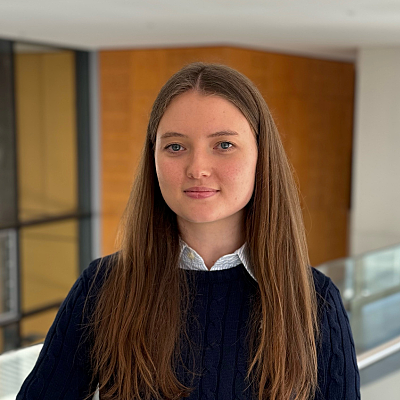
Dayna-Lee Talbot
Current Appointments
Clinical Trials and Research OfficerKey Research Areas
Dayna is a dedicated Clinical Trials and Research Officer with a strong foundation in neuroscience. She graduated from The University of Technology Sydney with a Bachelor of Medical Science (Honours I) and has built a distinguished career over the past four years, specialising in clinical trials. Dayna’s research interests are centred on neurodegenerative diseases, with a particular focus on Frontotemporal Dementia (FTD) and Motor Neuron Disease (MND).
Throughout her career, Dayna has been involved in numerous national and international Phase II and Phase III clinical trials investigating a range of therapeutic products. She has experience performing neurophysiological techniques, including Transcranial Magnetic Stimulation (TMS) and has also made significant contributions to the acquisition of MND biomarkers. By integrating these sophisticated methods into research protocols, she and her team aim to gain neuropathophysiological and molecular insights into MND to advance our understanding of disease progression and potential therapeutic targets.
Her research passions include the heterogeneous nature of MND, with specific interests into how the interplay between MND phenotypes and genotypes influence disease progression and prognosis. Dayna is dedicated to uncovering key genetic markers and clinical characteristics that can help guide the development of precision treatments, to ultimately improve patient outcomes and advance the broader field of neurodegeneration.
As a research and trials coordinator, Dayna demonstrates unwavering commitment to ensuring high-quality, patient-centred care throughout every stage of clinical research. As a member of the Kiernan Team, Dayna continues to play a vital role in advancing scientific knowledge and contributing to the development of therapies that may transform the landscape of treatment for neurodegenerative diseases.
Publications
2025, 15 May
Longitudinal assessment of cortical motor function in amyotrophic lateral sclerosis
View full journal-article on http://dx.doi.org/10.1038/s41598-025-01570-6
2024 Sep
Regional health priorities for dementia: a roadmap for the Western Pacific
View full journal-article on https://doi.org/10.1016/j.lanwpc.2024.101179